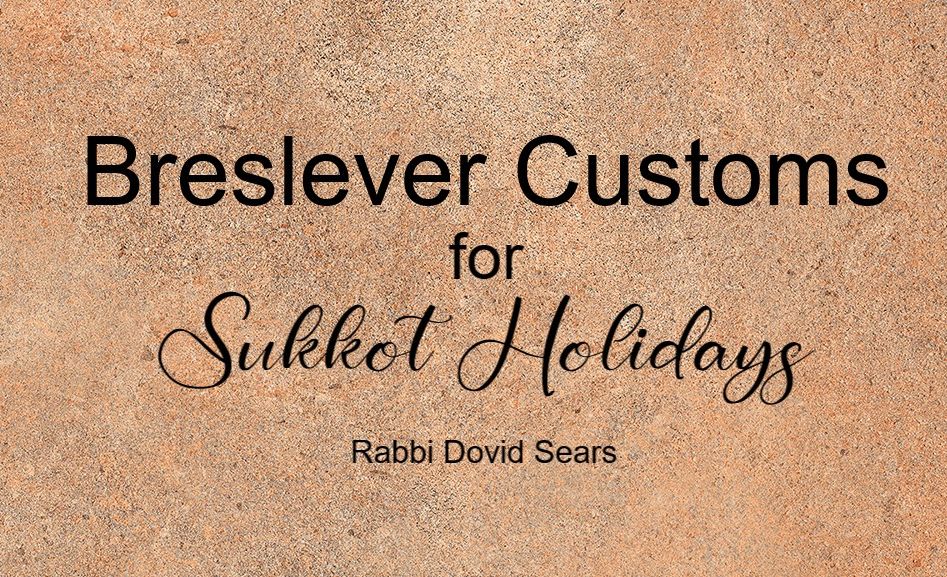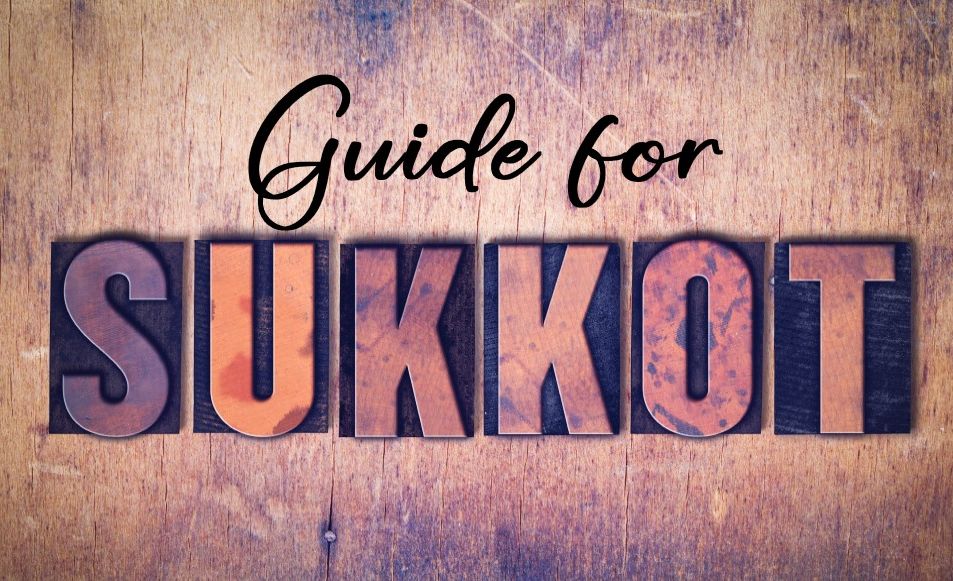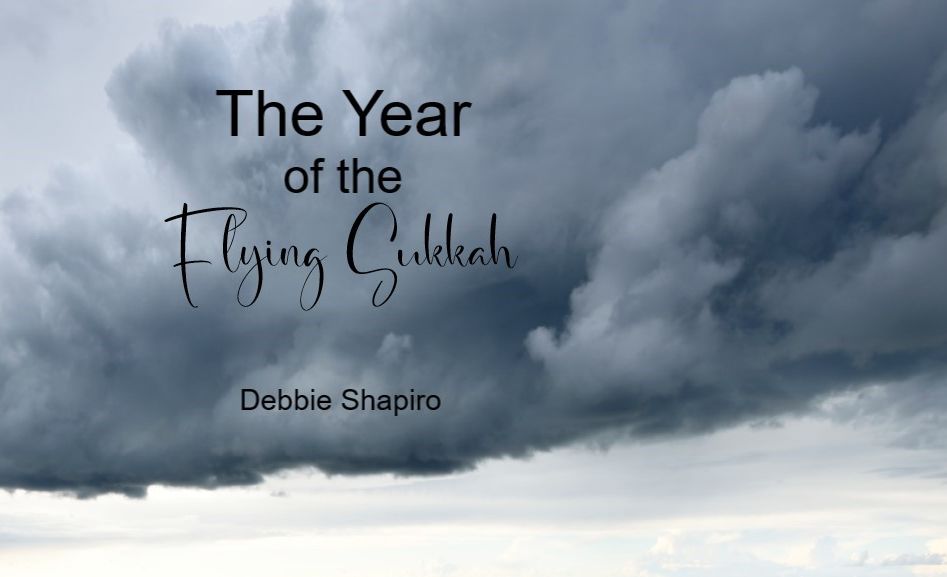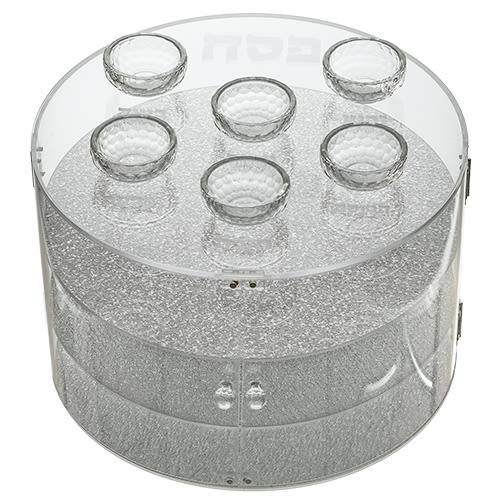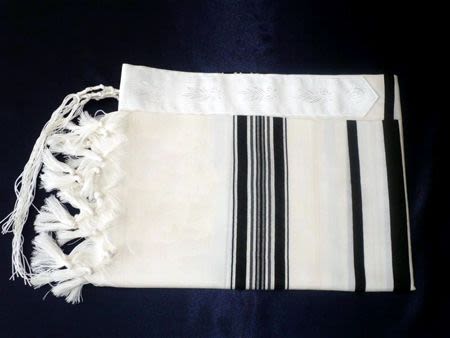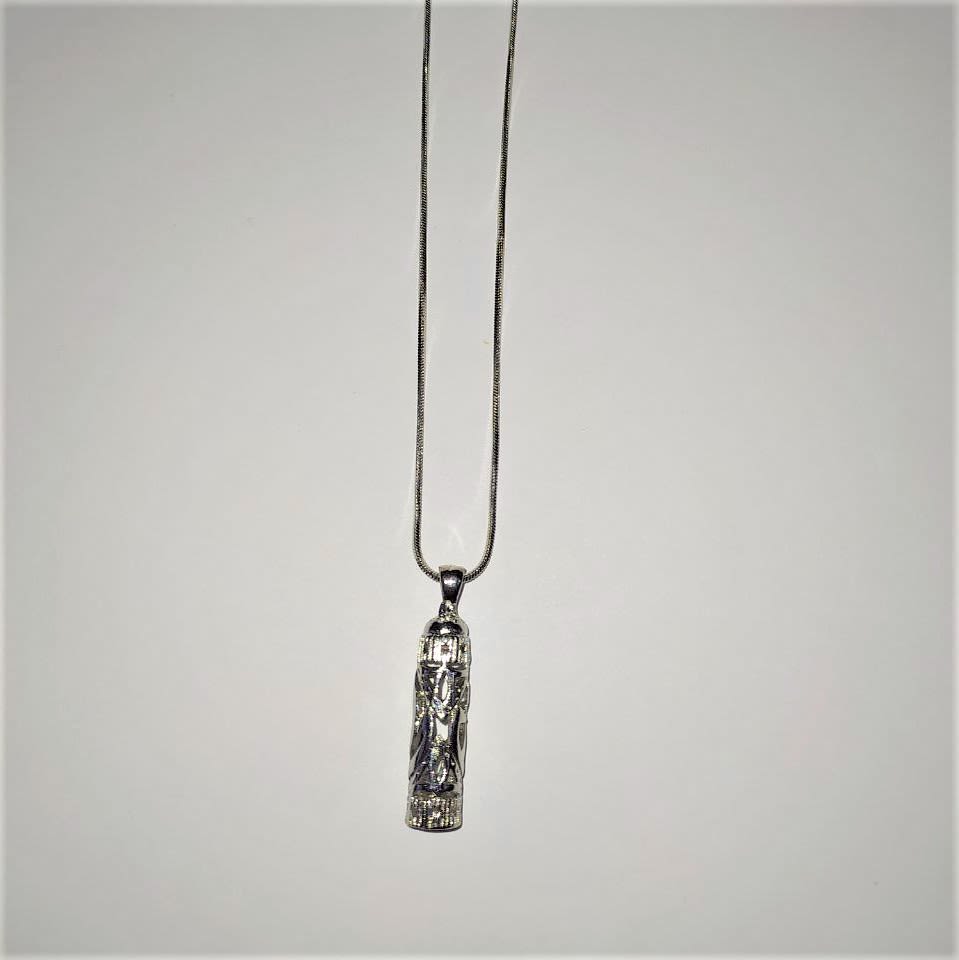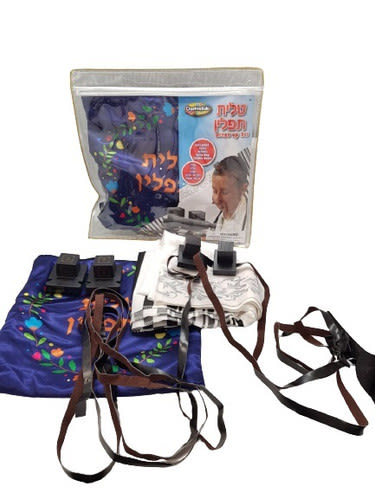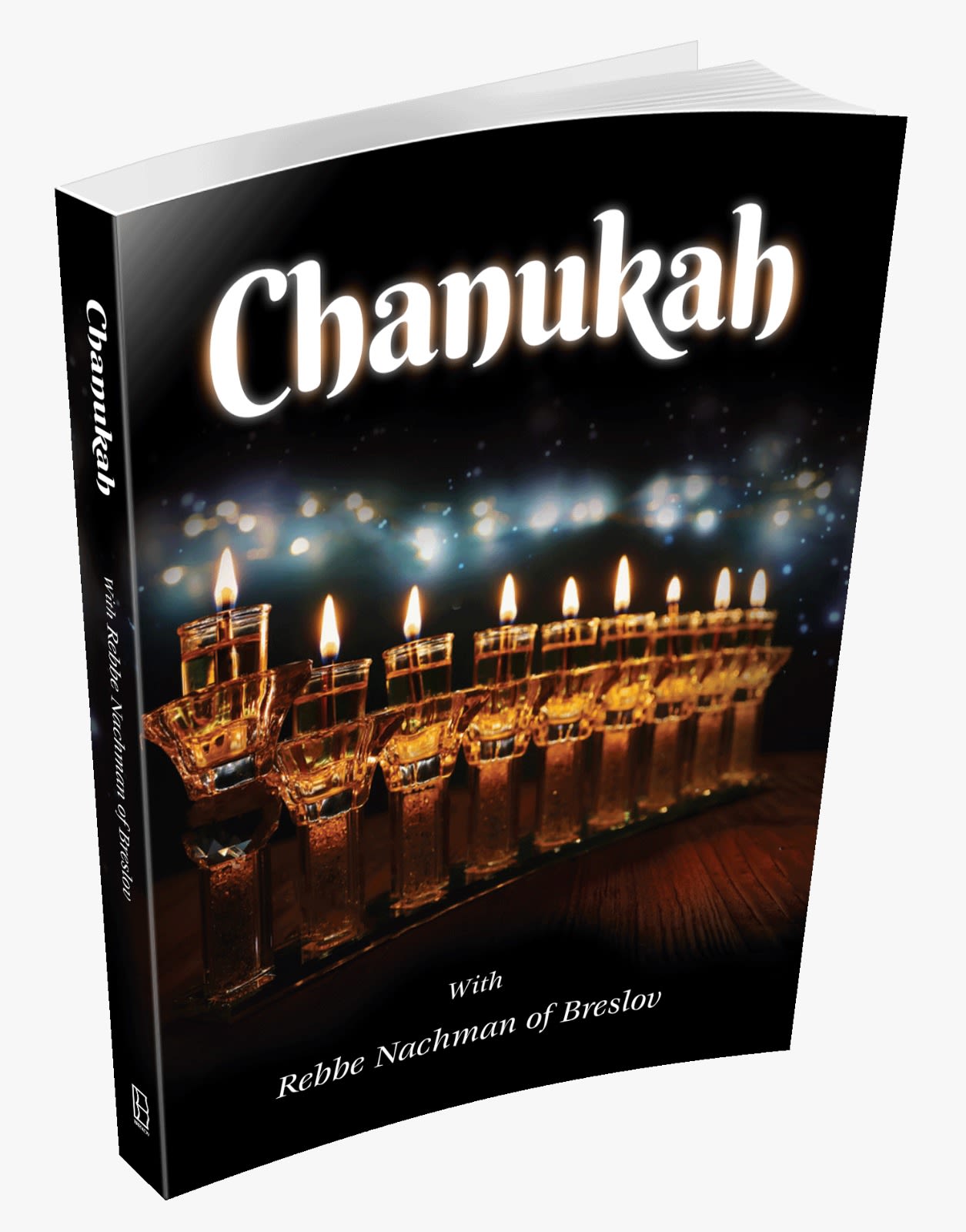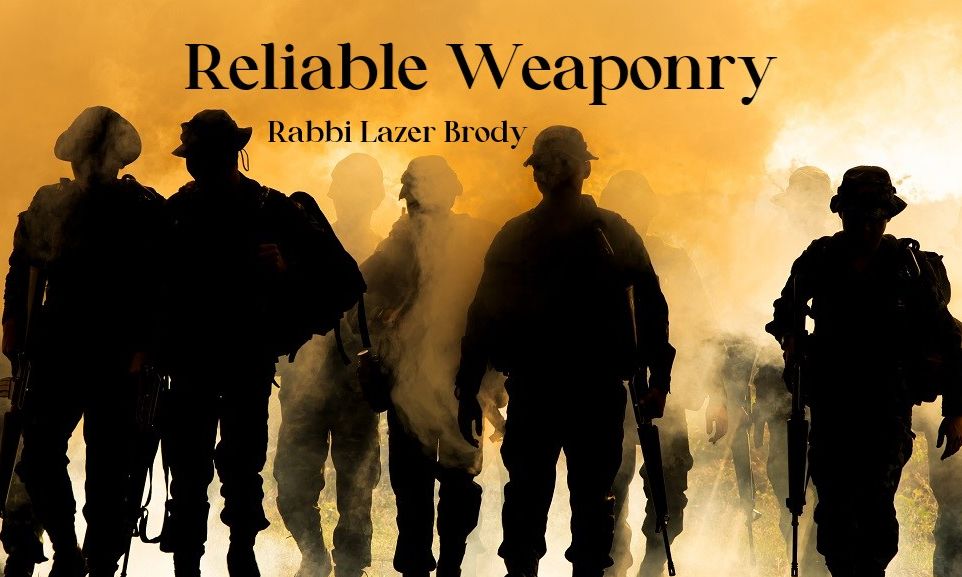
Reliable Weaponry
Many think that the spiritual war is over after Rosh Hashanah and Yom Kippur – but that is not so! Rosh Hashanah and Yom Kippur are only the beginning of...

Onlookers often ask why observant Jews take such painstaking measures in choosing the four species for Succot. The simple answer is that religious law is very exacting as to the criteria of kashrut (ritually acceptable) pertaining to the four species; since an observant Jew is bound by religious law, he must be sure that each of the four species are kosher in every respect. Otherwise, he has not fulfilled the mitzvah as prescribed.
On a deeper level, Reb Natan of Breslev explains (Likutei Halachot, Orach Chaim, Hilchot Succah 6:12), that the four species are the weapons of a Jew that help us defeat all spiritual impurity and thereby facilitate our connection with Hashem.
The mekatregim, the spiritual forces of evil, declare war against a Jew on Rosh Hashanah. Their goal is to sway the Heavenly Court with their evil testimony against the Jewish people, and thereby attain a year of severe judgments against Hashem’s chosen people, God forbid.
The High Holidays are the Jewish people’s valiant rise to the challenge. Many think that the spiritual war is over after Rosh Hashanah and Yom Kippur – but that is not so! Rosh Hashanah and Yom Kippur are only the beginning of our renewed annual war against evil. Here’s how: The shofar on Rosh Hashanah is our call to battle; the fast on Yom Kippur is our solemn preparation for battle. But, on Succot, we take our weapons in hand to defeat the mekatregim with the force, fervency, and sheer joy of our mitzvah performance. No spiritual enemy can withstand the direct spiritual hit of four kosher species being waved in unison in its direction. The waving of the four species – especially in public with a congregation and with righteous congregants – is a massive spiritual barrage that destroys and disperses mekatregim. Our victory over these heinous enemies is our main reason of joy during Succot.
Some people look for long, impressive lulavim or fancy, yellow etrogim on Sukkot, rather than searching for the most kosher species. Our goal is to have the most effective “weapons” as possible to defeat the mekatregim, and not necessarily the most physically attractive species to impress our neighbors. Indeed, my great uncle Rabbi Shalom Shachna Chernick of blessed and saintly memory wrote in his classic guide to the four species, “Chaim U’vracha”, that kosher species mean beautiful species.
Since we rely on the four species as our spiritual weapons in light of Reb Nosson’s aforementioned teachings, the species must be kosher to be effective weapons, as we’ll see in the following parable, with Hashem’s loving grace:
Ivan loved to impress the commanders with his high-shining musket. He was their favorite trainee, for he was always orderly and neat as a pin.After six months of basic training, the new soldiers were ready for their first duty on the front and their initial test under fire. Ivan didn’t realize that that war and training camp are two different affairs. He continued to high-polish the barrel of his musket for hours on end until it shined like a mirror. He’d poke fun at Alexi’s carbine, which was always dull and dusty.Unlike Ivan, who didn’t like to fire his weapon much because it would become sooty and dirty, Alexi spent every available moment on the firing range. His carbine was spotless, without a nick of rust, well-oiled and smoothly functional. Yet, Alexi didn’t waste time with needless polishing. Let the precision of his marksmanship impress the enemy, not the gloss on his barrel!Ivan and Alexi were sent to the front for their first taste of combat. An enemy battalion rushed their position; Alexi fired accurate rounds in rapid succession and repelled the enemy from his flank. Ivan aimed his musket, pulled the trigger, and… nothing happened! So preoccupied with polishing his musket, he forgot to insert the firing pin…
* * *
The largest and greenest “rebbishe” lulav isn’t worth a dime if its main leaf has a hairline split. Such a lulav is like Ivan’s shiny rifle without the firing pin. With halachically kosher four species – even if they’re not the biggest, superficially beautiful, and most impressive – we can win the spiritual war and clear the atmosphere of evil, adding holiness to our homes and hearts, amen.


